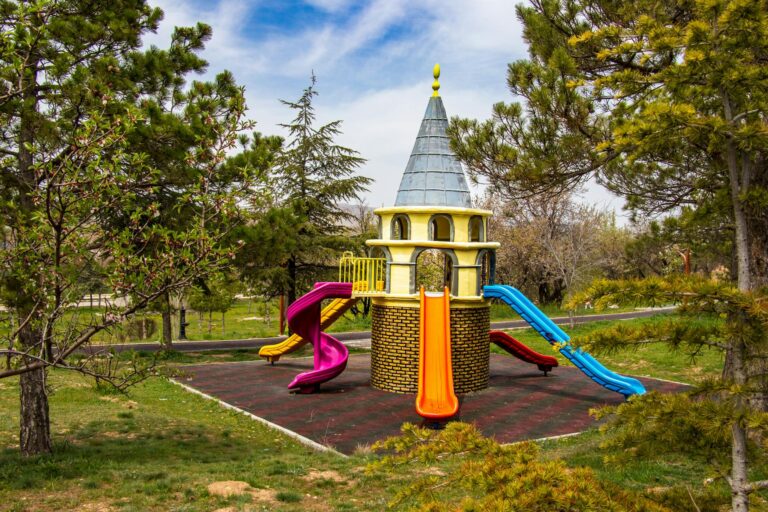Physical activity is well known for keeping the body healthy, but it also plays a powerful role in protecting the brain as we age. Recent research shows that staying physically active can slow down cognitive decline, which means it helps keep our thinking skills sharper for longer.
A large study involving over 13,000 adults aged 50 and older found that people who regularly engaged in physical activities experienced a slower rate of mental decline compared to those who were less active. This wasn’t just about intense exercise like running or jogging; moderate activities such as gardening, dancing, or stretching also made a difference. Even everyday tasks like vacuuming or doing laundry contributed to this protective effect.
The key seems to be consistency and frequency—those who increased their physical activity from once a week to several times per week saw measurable benefits in slowing cognitive decline. Over time, these small improvements add up and could delay the onset of dementia by years. This extra time allows individuals to maintain independence and enjoy a better quality of life.
Physical activity supports brain health through several mechanisms: it improves blood flow to the brain, reduces inflammation, encourages growth of new brain cells, and enhances connections between neurons. All these effects help preserve memory, attention, problem-solving skills, and other important cognitive functions.
Incorporating regular movement into daily life doesn’t require special equipment or gym memberships; simple actions like walking more often or taking part in enjoyable hobbies that involve movement can be enough. The message is clear—keeping your body moving is one of the best ways to keep your mind strong as you grow older.





